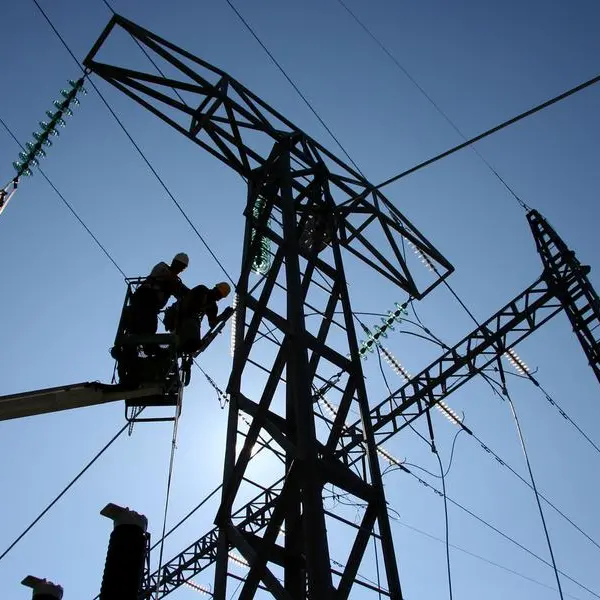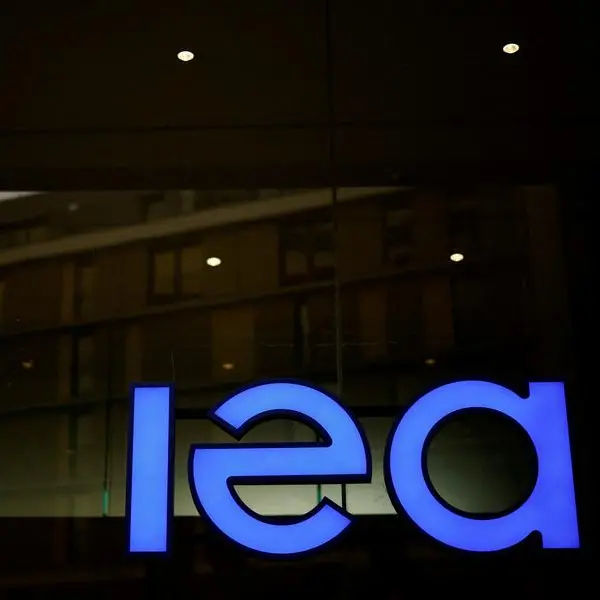PHOTO
Emrill Energy, a division of leading integrated facilities management company Emrill, said recently it held discussions with senior management of the Real Estate Regulatory Agency on the future of sustainable energy strategies for Dubai’s real estate sector following the release of Rera’s Energy Efficiency Policy.
The policy aims to increase energy efficiency within the built environment through the development and implementation of energy-saving asset optimisation practices.
To support the UAE’s commitment to sustainable and innovative initiatives, Emrill Energy and Rera have committed to exploring solutions that will help develop more energy-efficient buildings, green spaces and the implementation of smart technologies to increase energy savings and enhance environmentally-friendly operations.
The two discussed strategies aimed at elevating building performance through improved efficiencies.
The focal point of the discussion centred on the imperative need for regular audits, designed to meticulously identify specific areas necessitating operational improvements.
This underscores the commitment to proactive measures for optimising building efficiency and aligns with Emrill Energy and Rera’s overarching objectives in sustainable development, it stated.
Mohammed Khalifa Bin Hammad, senior director at RERA, pointed out that on an average, service charges relating to utilities such as electricity and water for residential and commercial buildings, range from 45 to 50% and in certain cases, reach as high as 64%.
The Energy Efficiency Policy is strategically designed to drive the industry towards heightened operational efficiencies, focusing not only on utilities but also on optimising the lifecycles of assets, stated Bin Hammad.
Through the implementation of rigorous energy management practices, both building owners and tenants can benefit significantly, experiencing a reduction in service charges as a direct outcome of improved energy efficiency measures, he added.
Shariq Ahmad, associate director at Emrill Energy, said: "Our signature solution, Cooling-as-a-Service (CaaS) is in consonance with the Energy Efficiency Policy, offering a sophisticated avenue for curtailing energy consumption within buildings."
"CaaS plays a pivotal role in optimising the performance of heating, ventilation, and air conditioning (HVAC) systems in both residential and commercial properties, presenting considerable economic advantages for homeowners and occupants," he explained.
Beyond the fiscal implications, CaaS concurrently mitigates operational costs and capital expenditures associated with repairs and system retrofits, all while maintaining the operational functionality and cooling comfort.
"Considering the fact that HVAC systems typically represent a substantial portion, approximately 70 per cent, of a building's energy consumption, our solution anticipates a significant reduction in the power demand of these systems, thereby leading to a commensurate decrease in generation capacity at the utility plant level," he added.
Copyright 2022 Al Hilal Publishing and Marketing Group Provided by SyndiGate Media Inc. (Syndigate.info).





















